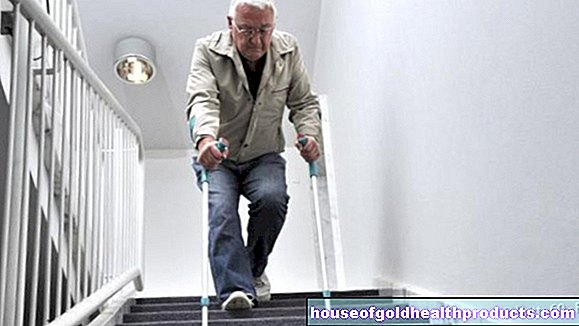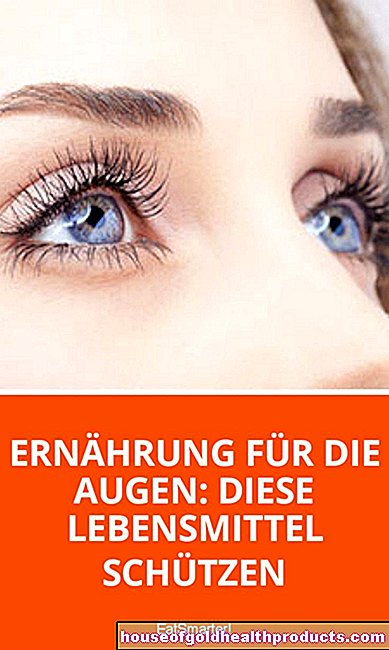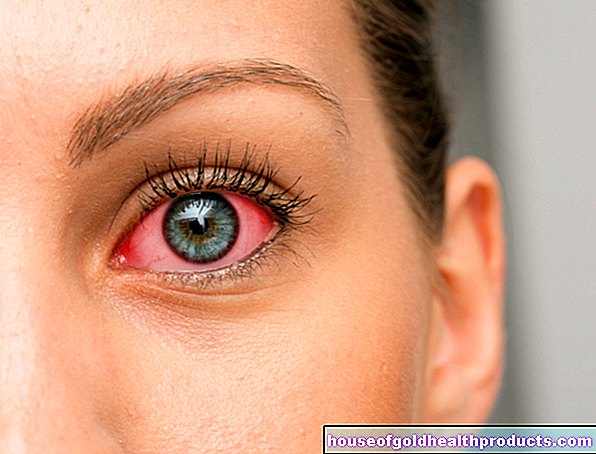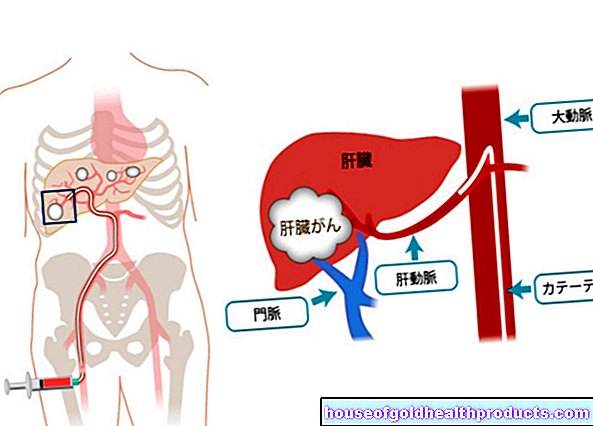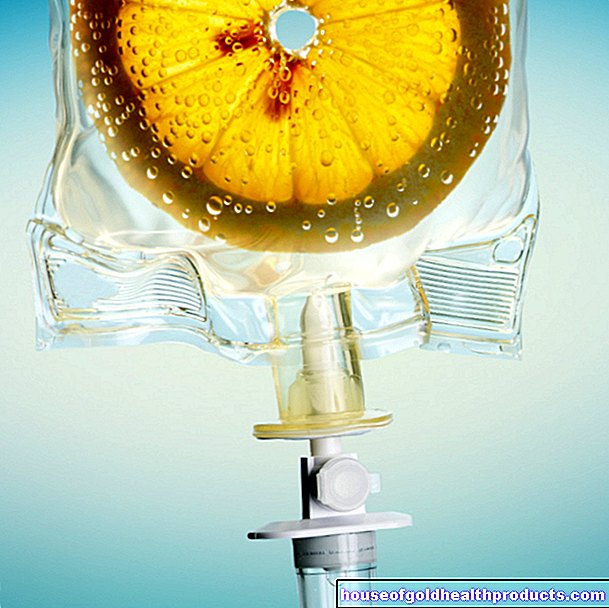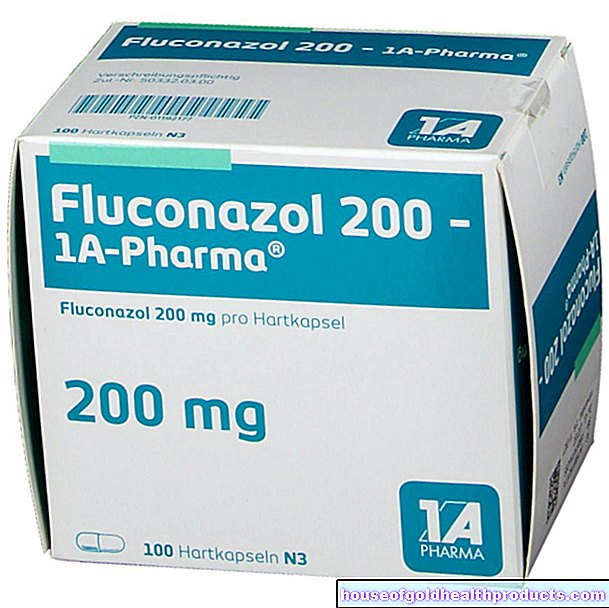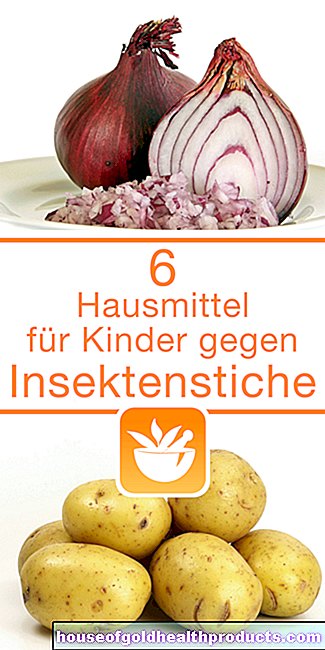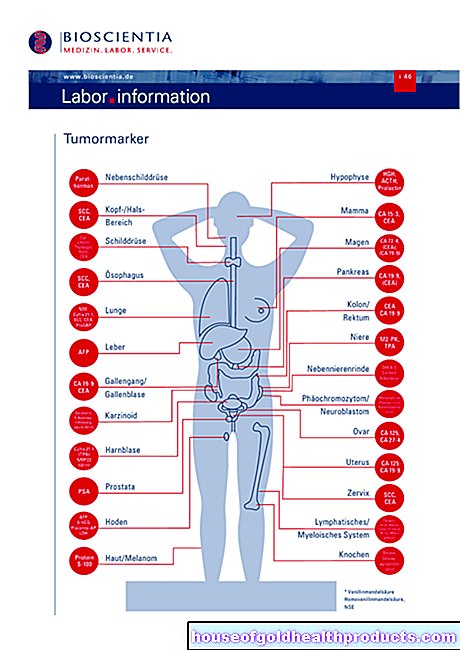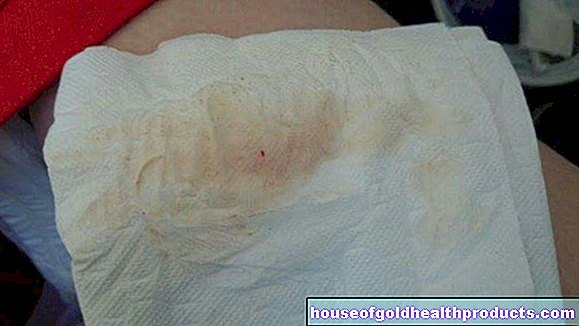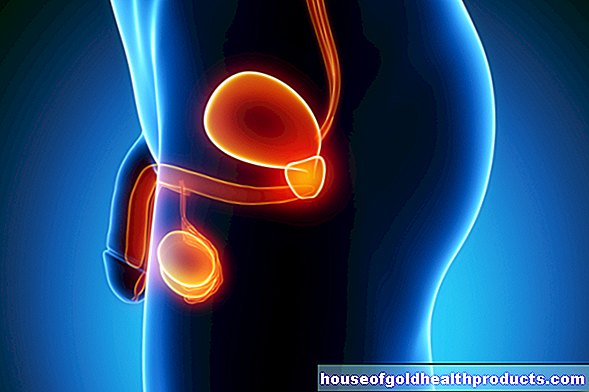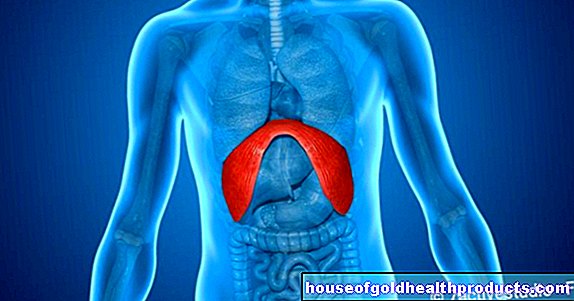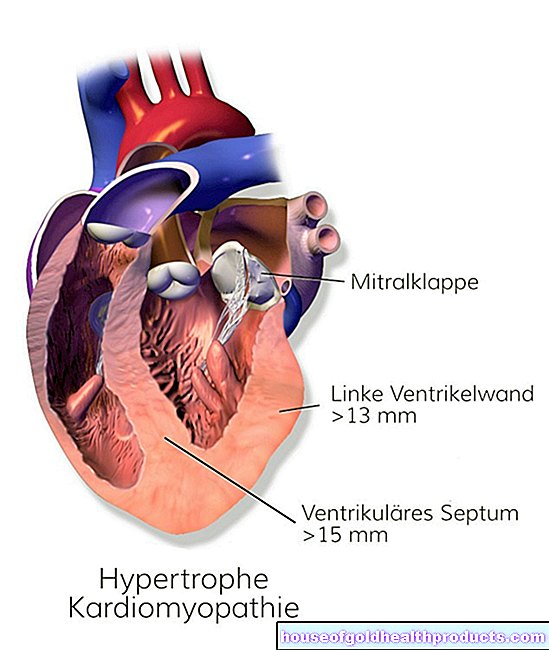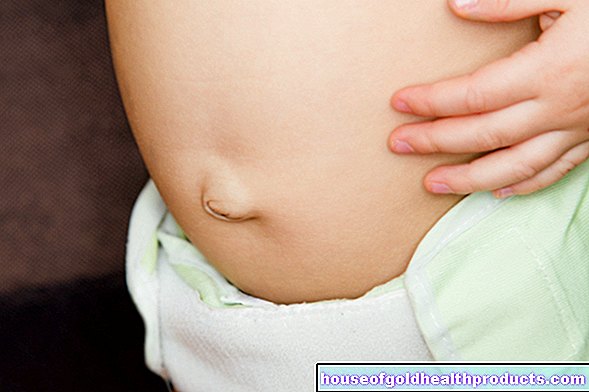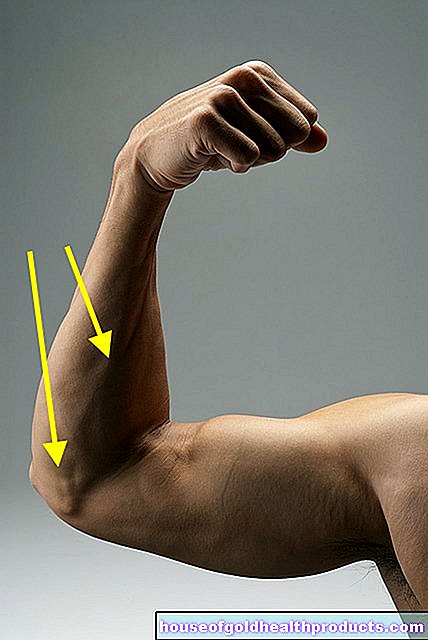Teeth: Experts warn against bottle caries
All content is checked by medical journalists.MunichCaries is actually a dwindling problem, at least among adults. In contrast, early childhood caries is one of the most common chronic diseases in young children - even before asthma and hay fever. This could easily be changed, according to the German Dental Association and the National Association of Statutory Health Insurance Dentists. They are calling for dentists to be involved earlier in the care and prevention of "nipple bottle caries".
Early dental examinations
To date, dental early detection measures are only provided for from the 30th month of life in statutory health insurance. “That is clearly too late. Preventive dental care by the dentist is important from the first milk tooth. We want to close this supply gap, ”explains Dr. Wolfgang Eßer, Chairman of the Board of Directors of the National Association of Statutory Health Insurance Dentists. So that caries can be detected and treated at an early stage, the experts are calling for regular early examinations to be introduced. It is best to do these three times between the ages of 6 and 30 months.
Baby teeth influence the ability to speak
This could also give parents an opportunity to train parents on the right dental care for their offspring and, for example, to educate them about a healthy diet. Because anyone who thinks that the milk teeth do not need any special care (“They'll fall out anyway”) is wrong. The first teeth in particular have a great influence on the further development of the teeth supporting structures and the subsequent health of the permanent teeth.
Deciduous tooth caries is therefore not a minor matter. "The early loss of milk teeth impairs the ability to chew, hinders the development of language and the development of permanent teeth," said Prof. Christian Splieth from the University of Greifswald. The quality of life is significantly restricted by painful "bottle caries".
Rotten bite thanks to the feeding bottle
With tooth decay, there is a loss of tooth substance. The main cause is bacteria that form a sticky coating on the tooth surface. These thrive on sugar that is ingested through food or drinks. As a result, the microorganisms produce organic acids that attack the tooth substance.
The decisive factor is not the amount of sugar eaten, but the frequency of consumption. That is why it makes even more sense to eat a bar of chocolate in one piece than to spread out many small portions over the course of the day. But this is exactly what often becomes a problem with small children. Because they often get several sweet snacks and sweetened teas or fruit juices from the feeding bottle. Among other things, the experts see handing the bottle to the bed in the evening for "self-service" as problematic. This is because the teeth are permanently washed around with sweet drinks. The more often this happens, the easier it is for tooth decay to spread.
Dental hygiene from the first tooth
Therefore, dental care is fundamentally important from the first milk tooth. Just like the regular supply of fluorides, for example with toothpaste or fluoride-containing solutions that are brushed onto the teeth. For this, parents should perform dental hygiene on their offspring in the morning and in the evening. From the age of two, children can usually be taught how to care for their teeth independently - which should be checked again. According to the experts, feeding bottles should be avoided altogether if possible and if unsweetened tea or water is enough. (lh)
Sources: Press release from the German Dental Association (accessed: 02/07/2014)
Tags: prevention sex partnership parasites
